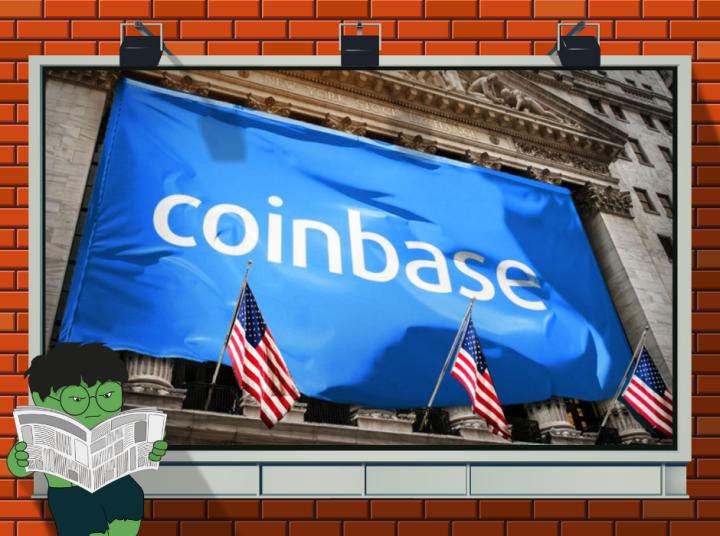Table of Contents
ToggleJackson Hole speech paves way for future policy easing
At the Fed's annual symposium in Jackson Hole, Wyoming, Fed Chairman Jerome Powell said the central bank is considering cutting interest rates in the near future. While Powell did not specify when or how much he would cut interest rates, his message was clear: the Fed is preparing to adjust its stance on monetary policy.
"The time has come for policy adjustments," Powell said in his keynote speech. "The way forward is clear, and the timing and pace of rate cuts will depend on the latest data, changes in the economic outlook, and balance of risks considerations."
Reflection on Inflation and Future Outlook
Powell's comments came after a period of intensive monetary tightening, during which the Federal Reserve raised interest rates a total of 13 times from March 2022 to July 2023 in response to soaring inflation. The series of aggressive rate hikes are aimed at curbing inflation, which has reached a 40-year high during the post-pandemic economic recovery.
In his speech, Powell acknowledged progress in controlling inflation and suggested the Fed could now focus more on its other mission: ensuring full employment. "Inflation has dropped significantly. The labor market is no longer overheated, and the situation is now much less tense than before the epidemic." He also mentioned that supply chain bottlenecks have been eased, which helps reduce price pressure.
Markets reacted positively to Powell's speech, with stocks rising and Treasury yields falling sharply as he spoke.
Steady progress on inflation and employment targets
Although inflation has not yet fully returned to the Fed's 2% target, current trends are moving in the right direction. The Fed's preferred inflation gauge recently showed an annual rate of 2.5%, down from 3.2% last year and well below a peak of more than 7% in June 2022.
In terms of employment, the situation is more complex. The unemployment rate has risen to 4.3%, which typically could signal the risk of a recession. However, Powell attributed the increase to more people entering the labor market and a slowdown in hiring, rather than a surge in layoffs or broader economic weakness.
"Our goal is to restore price stability while maintaining a strong labor market and avoiding the sharp job losses that have accompanied past periods of contraction," Powell said. "While the mission is not yet complete, we have made considerable progress toward this goal."
Markets view September as next critical moment
With inflation slowing down and employment stabilizing, there is speculation that the Federal Reserve may start cutting interest rates as early as September. However, Powell did not clearly disclose the specific time for policy easing. The minutes of the July Federal Open Market Committee (FOMC) meeting showed that most Fed officials believed that a rate cut in September would be appropriate if there were no unexpected changes in economic data.
Lessons from the inflation surge
Powell also reflected on the factors driving inflation to multi-decade highs and the Fed's policy response. When inflation began to rise in early 2021, many, including Powell and other central bankers, initially called it "transitory" and believed it was caused by pandemic-related disturbances.
"The 'temporary' ship was packed with people," Powell joked, drawing laughter from the crowd. "Most mainstream analysts and developed country central bankers were on board at that time. I think some of you here today may have been shipmates."
However, as inflationary pressures expanded from goods to services, the Fed quickly changed its stance and initiated a series of rate hikes, ultimately raising the benchmark overnight rate by 5.25 percentage points from near zero.
Powell stressed that rising inflation is not limited to the United States but is a "global phenomenon" driven by a combination of factors such as surging demand, strained supply chains, a tight labor market and soaring commodity prices. He believes the Fed's swift and forceful response, coupled with stable inflation expectations, helped avoid an economic recession.
Policy changes and economic stability
Despite the progress, Powell cautioned that there was still much to learn from recent inflation episodes and the Fed's response. "Recent experience tells us that an important revelation is that stable inflation expectations, coupled with strong central bank actions, can achieve a fall in inflation without the need for an economic slowdown," he said.
As the market looks for clearer signals on interest rate cuts, the Fed remains focused on maintaining economic stability and striking a careful balance between inflation and employment. Powell's comments showed that the central bank is ready to adjust the direction of policy if supported by data.
The coming months will be critical as policymakers and investors assess whether the U.S. economy is ready for a period of interest rate cuts and whether inflation can remain under control over the long term.







